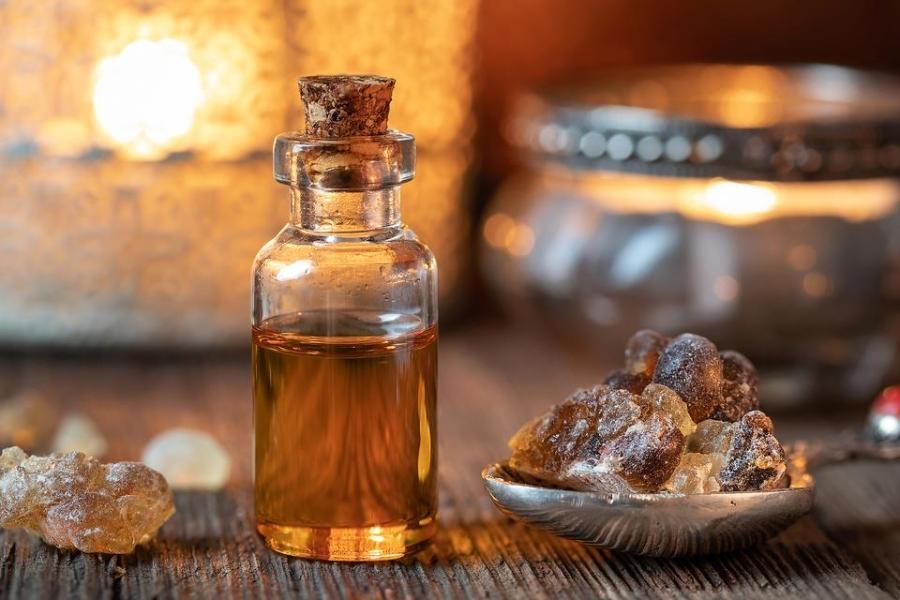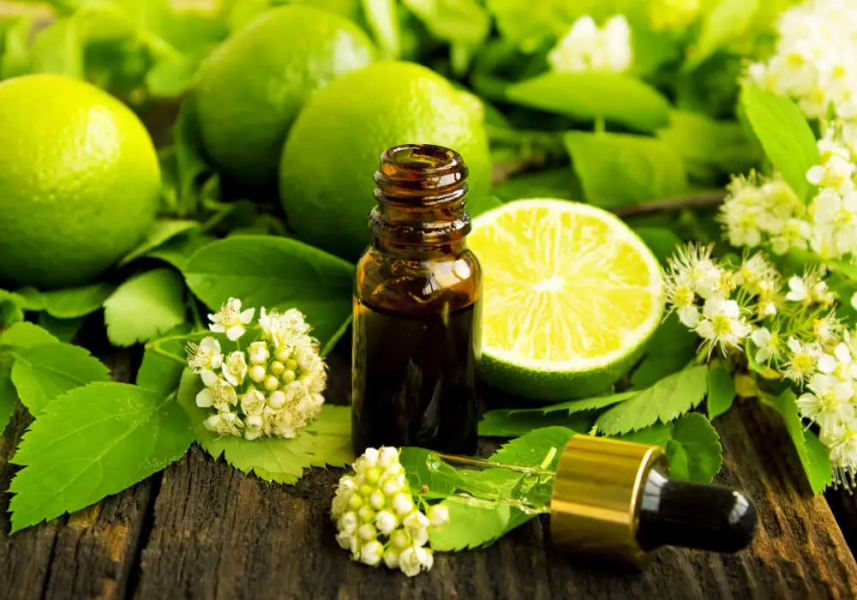The enticing aromas of essential oils have been used for ages to treat a variety of illnesses and enhance well-being. However, did you realize that their odorous strength could also benefit your oral health? Aromatherapy oils are becoming a popular complement to dental operations and oral hygiene regimens, providing a distinct and maybe helpful approach, even though they shouldn't be used in place of expert dental care.
Exposition of the Arsenal:
Nature's treasure trove boasts a diverse array of essential oils with properties relevant to oral health. Here are some key players:
-
- Antibacterial and antifungal warriors: Tea tree oil, thyme oil, and clove oil possess potent antimicrobial properties, potentially aiding in the fight against plaque-causing bacteria and fungal infections like oral thrush.
-
- Soothing saviors: Lavender oil and chamomile oil are renowned for their calming effects, potentially reducing dental anxiety and promoting relaxation during procedures.
- Pain-relieving powerhouses: Peppermint oil and clove oil exhibit analgesic properties, offering potential relief from minor toothaches and gum inflammation.
Beyond the Scent: Exploring Applications:
There's more to dental aromatherapy than just breathing in nice scents. Here is a sample of what could be:
Oral rinses: Homemade mouthwashes can benefit from the use of diluted essential oils, such as peppermint or tea tree, to enhance their antibacterial properties and give them a refreshing sensation.
Topical uses: Mint oil can be administered topically to treat small mouth ulcers, and clove oil mixed in a carrier oil can be used to temporarily relieve gum pain.
Ambience diffused: Patients may feel more at ease in the dentist office waiting area if soothing oils like lavender or chamomile are diffused there.
Words of Caution:
While promising, it's crucial to remember that aromatherapy oils are not magic bullets. They should be used with caution and under the guidance of a healthcare professional or qualified aromatherapist. Here are some essential points to consider:
-
- Never ingest essential oils directly. They are potent and can be toxic if swallowed.
-
- Always dilute them in a carrier oil before topical application. Undiluted oils can irritate the skin and mucous membranes.
-
- Seek professional advice if you have any underlying health conditions or are pregnant or breastfeeding.
The Future of Fragrant Dentistry:
Exciting opportunities lie ahead as research on aromatherapy's potential in dentistry continues. Consider creating unique dental materials enhanced with the power of these natural extracts, utilizing aromatherapy to improve patient comfort during treatments, or even introducing customized essential oil mixes into oral care routines. The potential of aromatherapy oils to enhance conventional dental care and develop a more comprehensive approach to oral health is evident, even though further research is required. Therefore, don't be alarmed if you notice a faint hint of peppermint or lavender in the air the next time you see your dentist; it could be the aroma of a healthier smile.
Essential Oils for Dental Care: Navigating the Online Maze Responsibly
Promises of essential oils improving your oral health abound on the internet. Even though these natural extracts have potential, you should exercise caution when purchasing them online for dental care. You can use the information in this article to make wise decisions for your smile and to appropriately explore the online essential oil market.
The Allure of Online Essential Oils:
Convenience, variety, and affordability are often cited as reasons for buying essential oils online. Numerous vendors offer an array of options, making it tempting to grab a quick fix for your dental woes. However, proceed with awareness, as online realms can be riddled with pitfalls.
Potential Pitfalls to Avoid:
-
- Quality Concerns: Not all online vendors prioritize quality. Adulterated or diluted oils are prevalent, offering subpar effects and potentially harming your oral health.
-
- Safety Misinformation: Unreliable sources might promote unsubstantiated claims or unsafe usage methods. Remember, essential oils are potent and require proper dilution and handling.
- Lack of Professional Guidance: Online purchases lack the personalized advice and expertise of qualified healthcare professionals like dentists or aromatherapists.
Guiding Principles for Safe Online Purchases:
-
- Prioritize reputable brands: Seek vendors with transparent sourcing practices, organic certifications, and gas chromatography reports verifying purity.
-
- Consult a healthcare professional: Discuss your intention to use essential oils for dental care with your dentist or aromatherapist. They can guide you on safe choices and suitable applications.
-
- Focus on dilution: Never ingest essential oils directly. Always dilute them in a carrier oil like jojoba or coconut oil before topical application.
- Start small and monitor: Begin with low dilutions and observe for any adverse reactions. Discontinue use if you experience irritation or discomfort.
Let readers do their own research instead of just listing online vendors (which can become subjective and out of date). Provide links to reputable sites for information and advice on vendor screening, such as the American Botanical Council (ABC) and the National Association for Holistic Aromatherapy (NAHA).
For More Info:-
essential oils
where to buy essential oils near me
buy essential oils
where can i buy essential oils
essential oils online
aromatherapy oils

